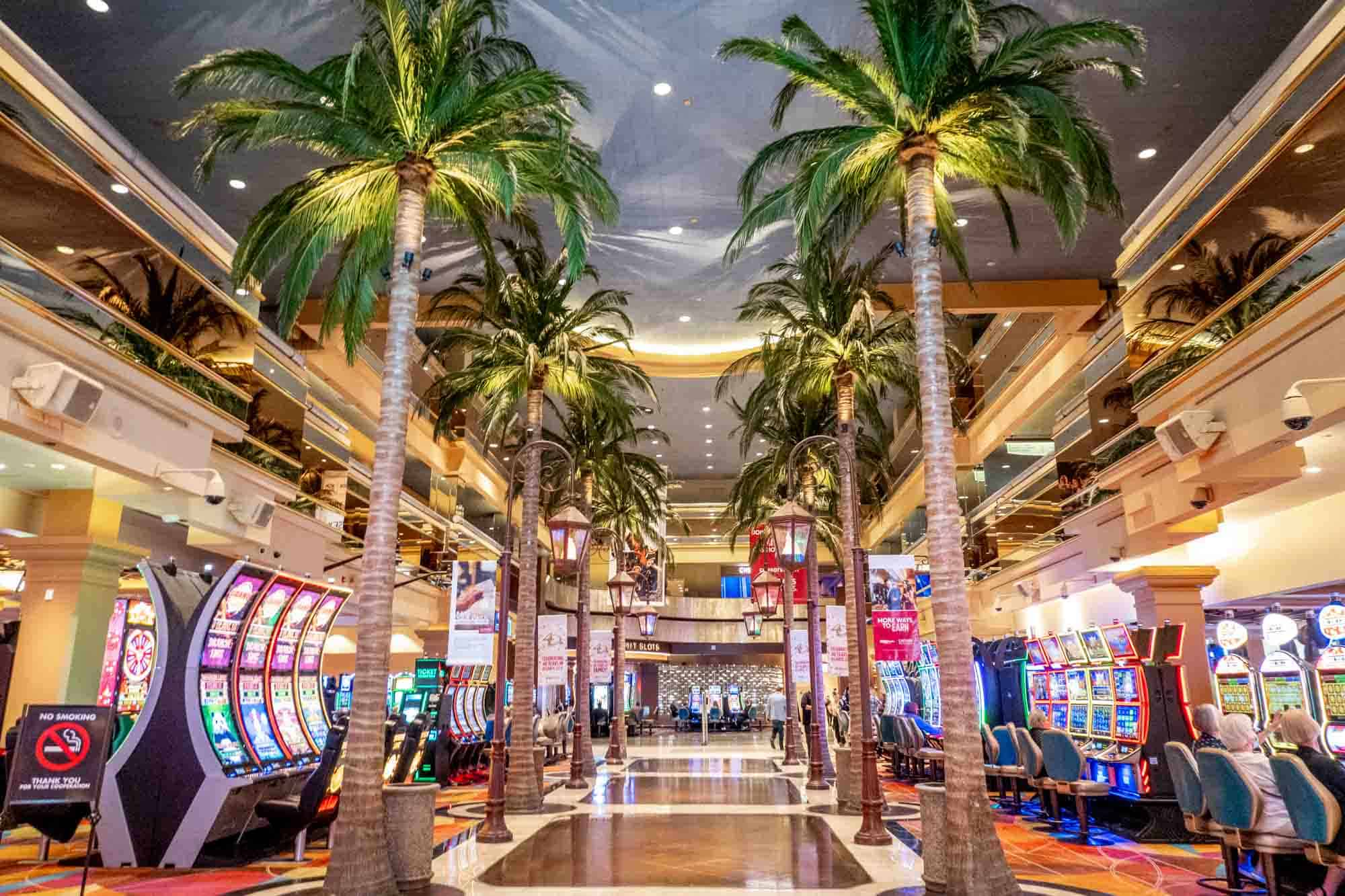Casino games have long been a fascinating source of amusement, drawing countless of players from different cultures around the globe. From the opulent casinos of Vegas to the busy gambling halls of the Cotai Strip, these games serve as a common thread that unites people across various backgrounds. The allure of chance, strategy, and risk entices not only those hoping to strike it rich but also those looking for a feeling of belonging.
The significance of casino games extends significantly past the gaming floor. They often represent the social norms and traditions of the societies in which they thrive. Games such as seven-card stud, pontoon, and roulette have woven themselves into the tapestry of mainstream culture, influencing everything from cinema to clothing. As we explore this fascinating intersection of luck and life, we can gain insights into how casino games shape and are shaped by the world around us.
Chronological Evolution of Casino Games
The roots of gaming activities can be tracked back to old civilizations, where gambling in various forms was widely engaged in. In the East, around 2300 BC, a variant of lottery known as Keno was popular, while in historic Rome, soldiers would frequently gamble on the outcomes of their games. The notion of using chance for fun and income developed over the ages, leading to the formation of more structured activities. By the late Middle Ages, gambling houses started to surface in Europe, notably in the Italian peninsula, which introduced early incarnations of famous activities still enjoyed today.
As gambling expanded recognition in Europe, the 17th and 18th centuries saw the appearance of casinos as specialized venues for gaming. The initial official gaming venue, the Ridotto, was established in Venice in sixteen thirty-eight, providing games like Baccarat and Faro games. This era marked a significant shifting point, as casinos began to welcome not just the high society but also the burgeoning middle-income class. The sophistication of activities grew, leading to the creation of new rules and modifications that improved the gaming experience.
In the 19th century, the industrial age and shifts in societal standards further transformed the terrain of gambling activities. The arrival of the game of roulette and contemporary gaming machines pulled in a more diverse audience, and gaming houses became seen as legitimate entertainment. This period witnessed the international spread of gaming, as gambling houses expanded from European nations to the New World, culminating in the establishment of the famous Las Vegas Boulevard in the twentieth century. ngắm gái xinh tại mmlive The progress of gambling activities has progressed into the modern era, incorporating technology and online platforms, making them available to a worldwide population.
## Cultural Significance within Various Societies
Gambling games have profound social value across a multitude of communities across the world. Places like Las Vegas, the very essence of the city is woven around gaming venues, where playing is not just a recreational activity but a fundamental aspect of social engagement and community life. The dazzling lights and dynamic atmosphere attract millions, showcasing how gambling activities can shape local economical structures and local cultures. This surrounding transforms the notion of leisure into an engaging experience that influences style, sound, and even cinema.
In contrast, some societies view betting with an air of caution, viewing it through the lens of morality and heritage. For instance, in various Eastern communities, games like Mahjongg and Pai Gow are full of history and have significant social meanings. These games are often played during get-togethers and festivities, fostering collective connections and strengthening familial ties. The act of participating in these games goes beyond mere leisure, reflecting values such as honoring elders and the importance of shared enjoyment.
Simultaneously, in Western countries such as the principality of Monaco and Italy, games of chance serve as symbols of opulence and refinement. The refined atmosphere of these venues attracts both tourists and locals, maintaining a sense of status and exclusivity. The art of Texas Hold’em and the strategic features of games like the game of baccarat are appreciated, influencing community relationships and establishing an attraction that enthralls a varied audience. This highlights how gambling can concurrently echo and mold cultural attitudes towards hazard, benefit, and social interaction.
Financial Influence and Travel Industry

Gambling activities play a significant role in the financial context of many regions, particularly those that depend significantly on tourism. The revenue generated from gambling establishments fuels local economies, creating employment opportunities not only within the casinos but also but also in related sectors such as hospitality, dining, and recreation. This influx of tourists, drawn by the allure of gambling and the overall gaming environment, stimulates expenditure across multiple businesses, contributing to the economic health of the area.
The existence of casinos often leads to the development of facilities, including lodging, transportation systems, and leisure amenities. These improvements are essential in enhancing the overall visitor satisfaction, making locations more attractive to visitors. Additionally, many casinos contribute in local communities through sponsorship of events and philanthropic activities, further integrating themselves into the social fabric of the locality. Such contribution not only supports economic growth but also cultivates a positive image of the gambling sector.
In addition, the worldwide appeal of casino games drives tourism competition, with regions vying to attract players from around the world. Iconic locations like Las Vegas and Macau have become synonymous with gambling culture, drawing millions each year. This competitive edge encourages innovation and variety within the gaming industry, influencing trends in entertainment and hospitality that extend beyond their borders. The consequences of this tourism extend wide, impacting local economies and cultural exchanges on a worldwide scale.
mmlive